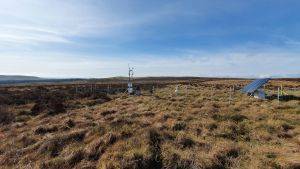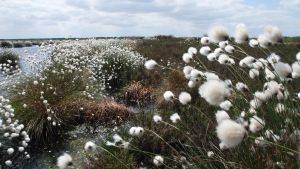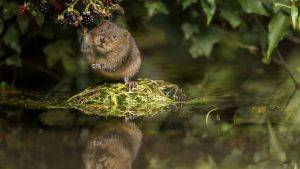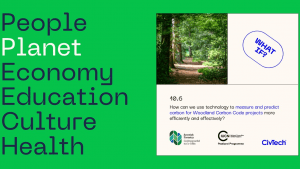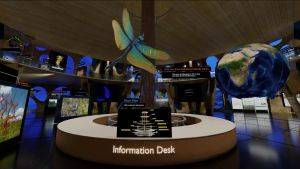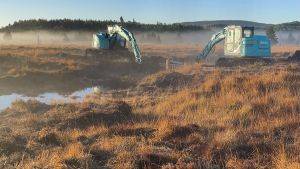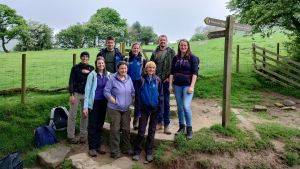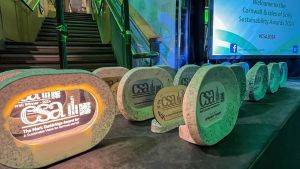Utilisation of biomass from rewetted peatlands
Introduction
“After rewetting the adjacent Peene valley, we had to think of new ideas of utilisation, as our cattle would starve while having a full belly. The fodder wouldn’t have the needed amount of digestible energy. It took us several years of planning and negotiating to finally get everyone’s go for thermal utilisation of the biomass.“ Hans Voigt, farmer at Schwinkendorf/Mecklenburg-Western Pomerania, Germany
Description
Consisting of 45,000 ha, the Peene valley is one of the largest fen areas in Germany and is known as the ‘Amazon of the north’ because of its wild character. From 1992 to 2008 large areas of fen in the Peene valley were rewetted, creating an outstanding nature conservation area. In Mecklenburg-Western Pomerania peatland covers 12% (about 300,000 ha) of the land area and the majority of this is currently drained for agricultural purposes. When these peatlands are rewetted for climate and nature protection and the amount of land that can be used for agriculture is reduced, the local community can suffer financially. For this reason there can be strong opposition to peatland conservation. Working to increase acceptance of peatland rewetting, farmers (Hans Voigt and Ludwig Bork) in the Peene Valley are demonstrating alternative and economically beneficial uses of the biomass produced from rewetted peatland.
Site Activity
When peatland at Lake Kummerow (western part of the Peene valley) was rewetted, it affected 400 ha of land that farmer Hans Voigt used for cattle breeding. The change in water level altered the species composition of the site, lowering fodder quality and making the vegetation unsuitable for cattle breeding. To ensure financial stability for Hans, an alternative use for the resulting biomass (of sedges, reed and reed canary grass) was needed. After several years of planning, and working in cooperation with on-going research at the University of Greifswald, thermal utilisation of fen-biomass was developed as an alternative. 1000 tonnes of harvested sedges, reed and reed canary grass provide an energy supply of 4 GWh, equating to 375.000 litres of heating oil. Specialised machinery is used to cut, swathe and bale fen-biomass in late summer. In this project, two to four tonnes of biomass per hectare make up approximately 6,000 bales per year, which cover the heating demands of 1000 apartments, a school and a kindergarten in the German town of Malchin. Thermal utilisation of the fen-biomass enables Hans Voigt to effectively manage his land, keep his employees and preserve the natural heritage. Local heating supply cycles become sustainable and increase regional collaboration. However, to increase acceptance of peatland rewetting and restoration for climate and nature protection, it is vital to involve local stakeholders and ensure cooperation between land users, administration and (regional) biomass consumers. To help raise awareness of the benefits of this alternative utilisation in this example, farmer Ludwig Bork invited members of the local authorities along with the local community to visit a similar stem-biomass combustion process already in operation in Western Germany.
Project Name: Utilisation of biomass from rewetted peatlands
Organisation / Lead partner: University of Greifswald
Location: Peene Valley, Germany
Predominately: Upland

